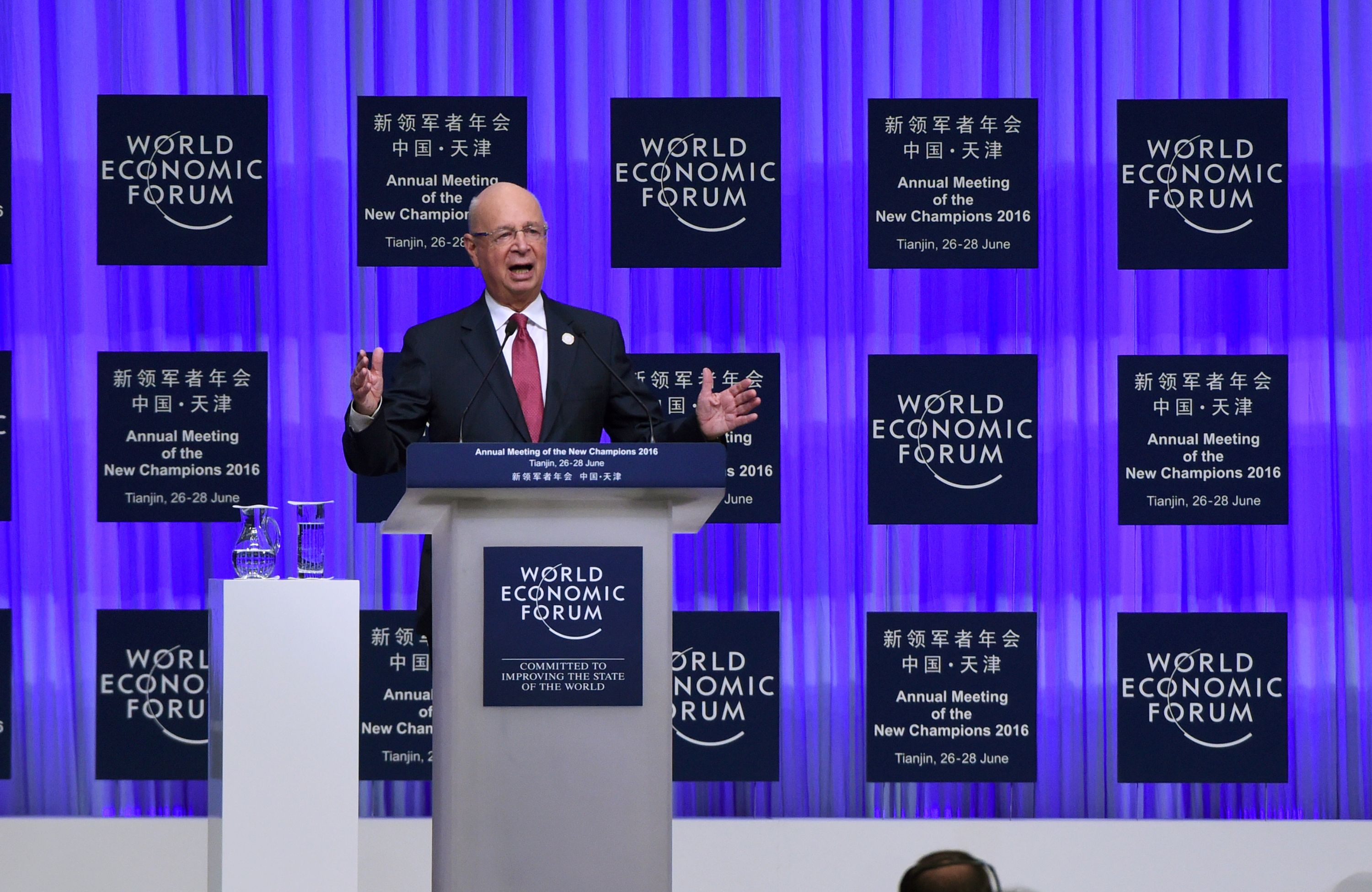Drop the Mic, Not Your Confidence: 5 Phrases That Weaken Your Speech
We've all been there. You're in the middle of a conversation or a presentation, and you utter a phrase that suddenly makes you sound less confident.You might not have noticed it. But everyone else did. It's not like hitting a pothole on a smooth road; it's driving over a nail and your tire bursting miles later.
But don't fret, because I'm here to help you navigate this linguistic landscape. Here are 5 phrases that could be undermining your speech, and how to steer clear of them.
1. "Just"
"Just" is one of those sneaky words that can subtly undermine your authority. It might seem harmless, but it has a way of diminishing the importance of what you're saying. Think about it: "I just think..." versus "I think...". The latter sounds more assertive, doesn't it?
From personal experience, I've noticed that dropping "just" from my vocabulary has made my speech more direct and impactful. So, next time you catch yourself using "just", pause and reconsider its necessity.
2. "Does that make sense?"
This phrase might sound like you're checking for understanding, but it can also suggest that you doubt your own clarity or credibility. Instead, try asking, "Do you have any questions?" This invites dialogue without casting doubt on your own communication skills.
I remember once during a meeting, I kept repeating this phrase after explaining my ideas. A colleague later pointed out how it made me sound unsure. Since then, I've replaced it with more assertive check-ins and noticed an improvement in how others perceive my confidence.
3. "Sorry, but..."
Apologizing when it's not necessary weakens your message and your presence. Of course, there are times when apologies are needed, but prefacing your ideas or requests with "sorry" makes you sound as though you're intruding.
I used to be a chronic over-apologizer until I realized that not every request or statement needs an apology. Now, I reserve my "sorrys" for when I truly need to express regret.
4. "I'm not an expert, but..."
This is a classic case of undercutting oneself. By announcing that you're not an expert, you're essentially telling your audience not to trust your opinion. If you genuinely lack expertise, it's better to stick to what you know or quote reliable sources.
In my early days as an investor, I would often preface my insights with this phrase. Over time, I learned that it was enough to speak confidently about what I knew, and admit when I didn't have the answers.
5. Fillers like "uh," "um," "like"
Filler words are the verbal equivalent of treading water. They don't add meaning and can make you sound unsure. It's better to pause and gather your thoughts.
During my public speaking training, I recorded myself and was surprised by how often I used filler words. It took practice, but consciously eliminating these from my speech made me a more engaging speaker.
In Conclusion
Language is powerful, and the words we choose can significantly impact how others perceive us. By being mindful of these common pitfalls, you can make your speech more confident and compelling. So the next time you find one of these phrases on the tip of your tongue, remember: you've got something valuable to say, and you don't need to weaken it with unnecessary words.
Related article: Fab Four: These Undervalued Gems Could Be the 2024 Market Leaders












